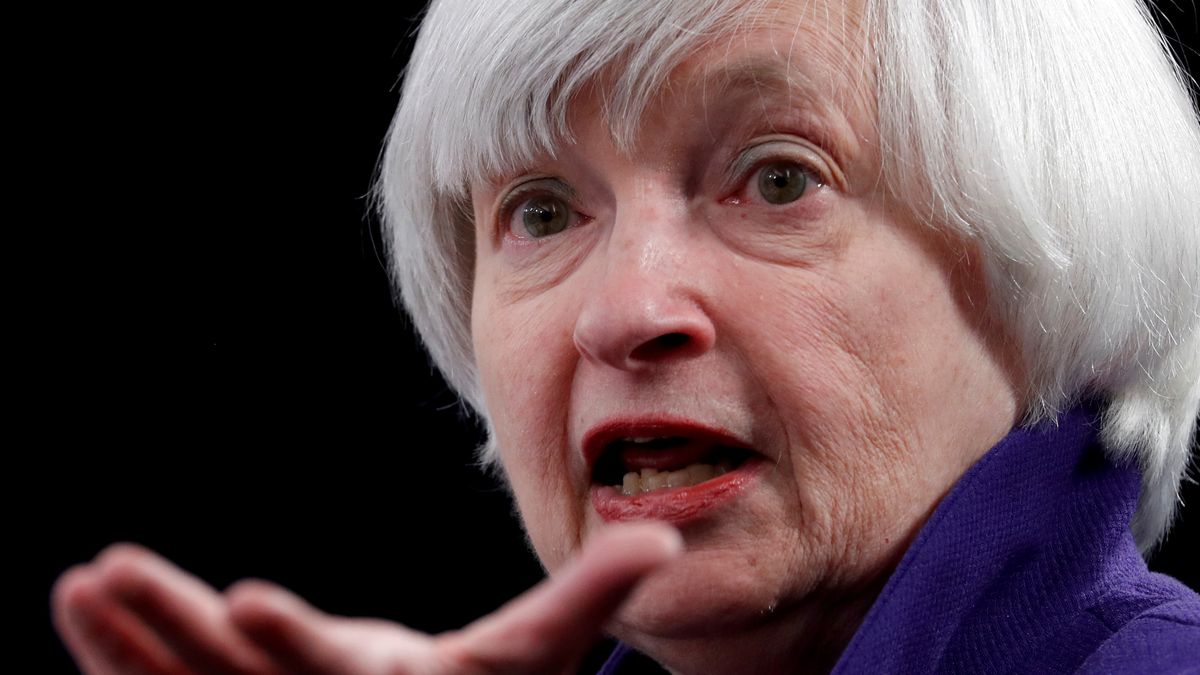The US Treasury Secretary Janet Yellen raised concerns about China’s industrial overcapacity with Chinese Premier Li Qiang on Sunday, telling him that bilateral relations are now more stable because both parties can maintain “tough” discussions.
At the beginning of an 80-minute meeting in Beijing, Li responded that the two countries should respect each other and be partners, not adversaries, adding that during Yellen’s trip “constructive progress” had been made.
Yellen stated that Washington and Beijing have the “duty” to responsibly manage the complex relationship.
The summit meeting between the US and China for the economy
“While we have more to do, I believe that, over the past year, we have placed our bilateral relationship on a more stable footing,” Yellen said. “This has not meant ignoring our differences or avoiding difficult conversations. It has meant understanding that we can only make progress if we communicate directly and openly with each other.”
Yellen has made the threat that the Chinese overproduction of electric vehicles (EV), solar panels and other clean energy goods will hurt producers and the employment in the United States and other countries one of the focuses of his second visit to China in nine months.
A senior US Treasury official later said that the excess China’s industrial capacity and the government support that has fueled it were discussed at length during the meeting, and Li showed some openness to the economic teams of both countries exploring the issue further.
Although there were some differences of opinion, “there were no ideological or inflammatory reactions,” the official said. “It was a much more authentic conversation from policymakers.”
The state news agency Xinhua on Sunday quoted Li as saying that The United States should “refrain from turning economic and trade issues into political or security issues” and consider the issue of production capacity “from a global and market-oriented perspective.”
The development of China’s clean energy sector, where concerns about overcapacity are most pressing, will contribute to the global energy transition, Xinhua quoted Li as saying.
CHINA USA.jpg
Li called on the US to “refrain from turning economic and trade issues into political or security issues.”
The US asks China to take care of overproduction as it affects US employment
On Saturday in Guangzhou, Yellen and her top economic counterpart, Vice Premier He Lifeng, agreed to begin a dialogue focused on “balanced growth.” Yellen said she intends to use the forum to advocate for equal opportunities. conditions with China in order to protect American workers and companies.
Beijing’s support for battery-powered vehicles has helped domestic companies such as BYD and Geely capture share in the world’s largest car market and make China the world’s biggest car exporter as production outstrips domestic demand.
According to forecasts by The Economist Intelligence Unit, Battery manufacturing capacity in China will quadruple demand by 2027 as its electric vehicle industry continues to grow.
But rapid growth has also meant China has excess manufacturing capacity that could be between 5 million and 10 million EVs per year, according to the consulting firm Automobility.
Still, far from curbing investment in manufacturing, China has doubled down on Xi’s new mantra of unleashing “new productive forces” by investing in cutting-edge technology, including electric vehicles, commercial spaceflight and life sciences, areas in which that Many American companies have advantages.
Source: Ambito




